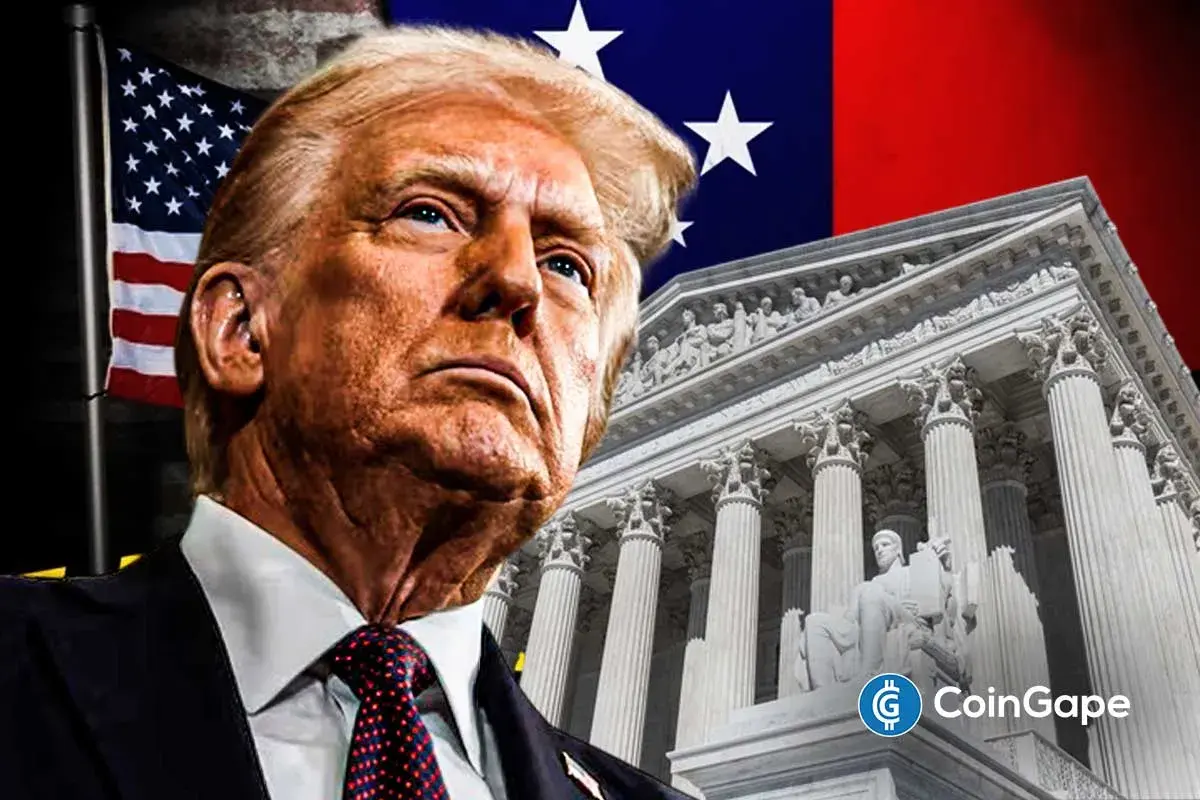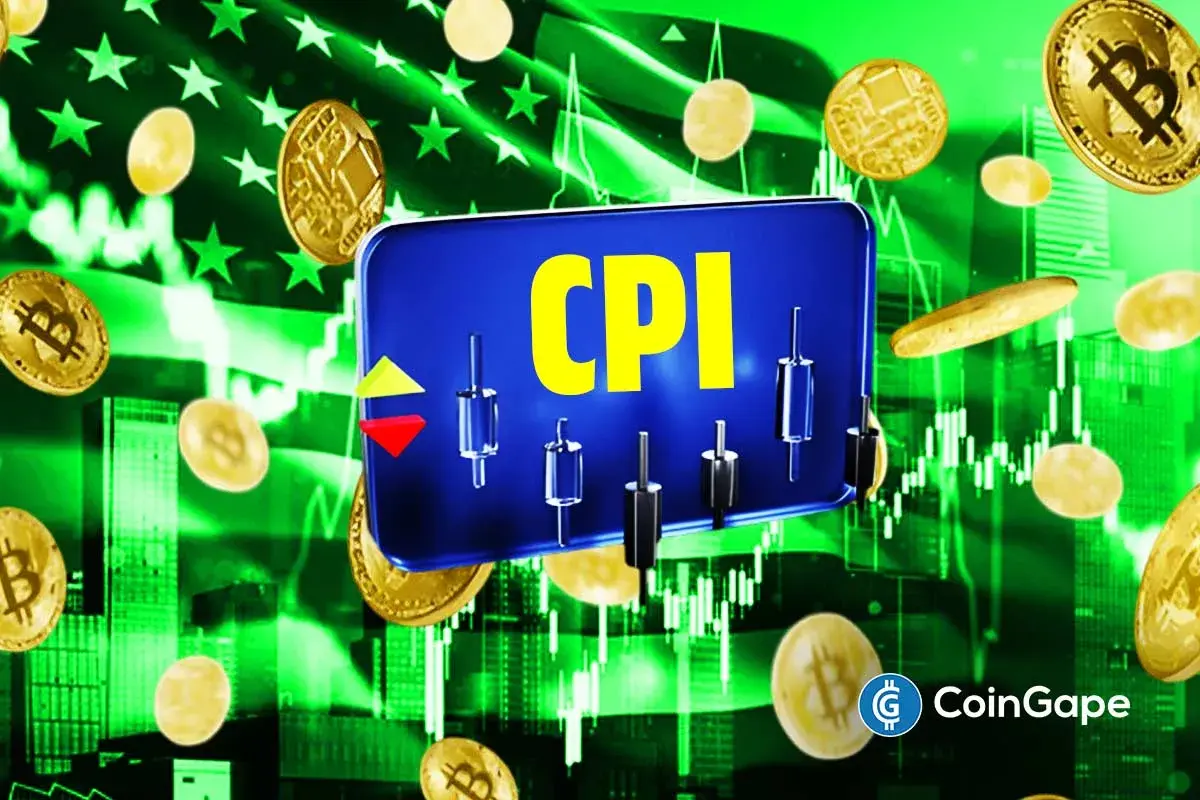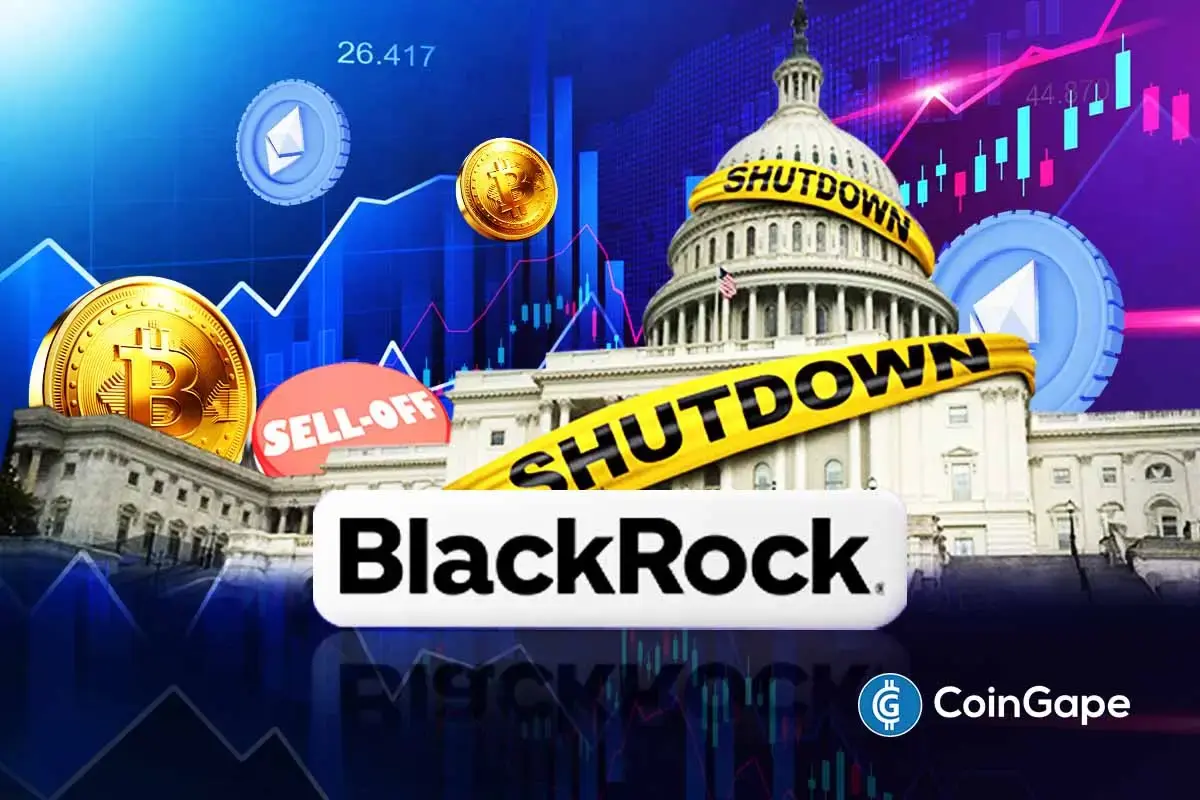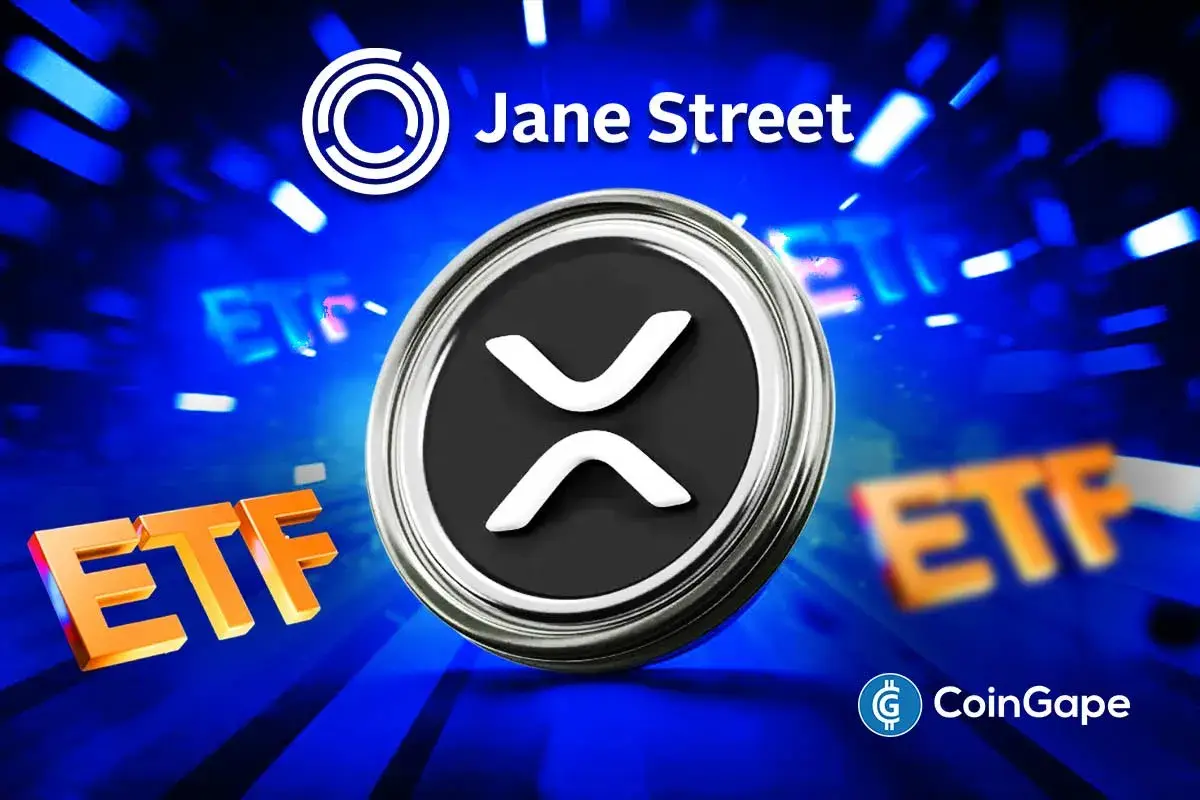HTX Withdraws Hong Kong License 3 Days After Submission, Here’s Why

Highlights
- HTX, formerly Huobi Global, withdraws Hong Kong license application, sparking industry speculation.
- The reasons behind HTX's sudden retreat from the regulatory process remain undisclosed.
- HTX's decision reflects evolving challenges for crypto firms navigating regulatory landscapes.
The prominent cryptocurrency exchange HTX, previously called Huobi Global, made a surprising decision to retract its license application for operations in Hong Kong. Notably, the sudden withdrawal occurred just three days after submitting the application, representing a change from the company’s initial intentions to grow in the city’s thriving crypto market
So, let’s delve deeper into the reasons behind this unexpected decision and its implications for HTX and the crypto industry.
Why did HTX Withdraw the Hong Kong Crypto License?
HTX’s decision to pull its license application for its Hong Kong operation, HBGL Hong Kong Limited, has raised eyebrows within the cryptocurrency community. Despite being one of the largest players in the global crypto sphere, HTX chose to backtrack on its highly anticipated venture into Hong Kong’s regulatory landscape.
Meanwhile, the Securities and Futures Commission (SFC) revealed that HTX withdrew its application just days before the deadline set for cryptocurrency exchanges to seek legal authorization in Hong Kong, SCMP reported. While the exact rationale behind HTX’s withdrawal remains undisclosed, industry analysts speculate on various factors that might have influenced this strategic maneuver.
Notably, according to sources, HTX’s retreat from the licensing process underscores the evolving regulatory complexities facing cryptocurrency firms seeking legitimacy in global markets. With stringent regulatory frameworks and compliance requirements, navigating the regulatory landscape has become increasingly challenging for crypto exchanges, especially those with ties to mainland China.
Besides, the timing of HTX’s withdrawal, just ahead of the regulatory deadline, adds further intrigue to the situation. As other industry giants, including OKX and HKVAEX, press forward with their license applications, HTX’s unexpected exit raises questions about the company’s future strategies and its assessment of the regulatory risks associated with operating in Hong Kong.
Also Read: Ex-Ripple Exec Reveals Why Binance Refused Gary Gensler As Advisor in 2019
Crypto Landscape in Hong Kong
Hong Kong’s emergence as a key hub for crypto exchanges has been met with both optimism and apprehension. However, despite the city offering strategic advantages and market opportunities, the regulatory environment poses significant challenges for industry players, as evidenced by HTX’s recent withdrawal.
Meanwhile, as the deadline for licensing approaches, the crypto industry awaits further developments and regulatory clarifications from Hong Kong authorities. The outcome of these regulatory efforts will not only shape the future landscape of cryptocurrency exchanges in Hong Kong but also influence broader trends in global crypto regulation and market dynamics.
Also Read: Bitcoin ETFs Saw $520M Inflow As BTC Price Rally Eyes $60K
- Trump Tariffs: U.S. Supreme Court Sets February 20 for Potential Tariff Ruling
- Brazil Targets 1M BTC Strategic Reserve to Rival U.S. Bitcoin Stockpile
- Breaking: U.S. CPI Inflation Falls To 4-Year Low Of 2.4%, Bitcoin Rises
- Bitget Launches Gracy AI For Market Insights Amid Crypto Platforms Push For AI Integration
- BlackRock Signals $257M Bitcoin and Ethereum Sell-Off Ahead of Partial U.S. Government Shutdown
- Bitcoin Price Outlook As Gold And Silver Lose $3.6 Trillion in Market Value
- XRP and Ethereum Price Prediction as Trump Seeks to Lower Key Tariffs
- Solana Price Prediction as $2.6 Trillion Citi Expands Tokenized Products to SOL
- Bitcoin Price Could Fall to $50,000, Standard Chartered Says — Is a Crash Coming?
- Cardano Price Prediction Ahead of Midnight Mainnet Launch
- Pi Network Price Prediction as Mainnet Upgrade Deadline Nears on Feb 15

















